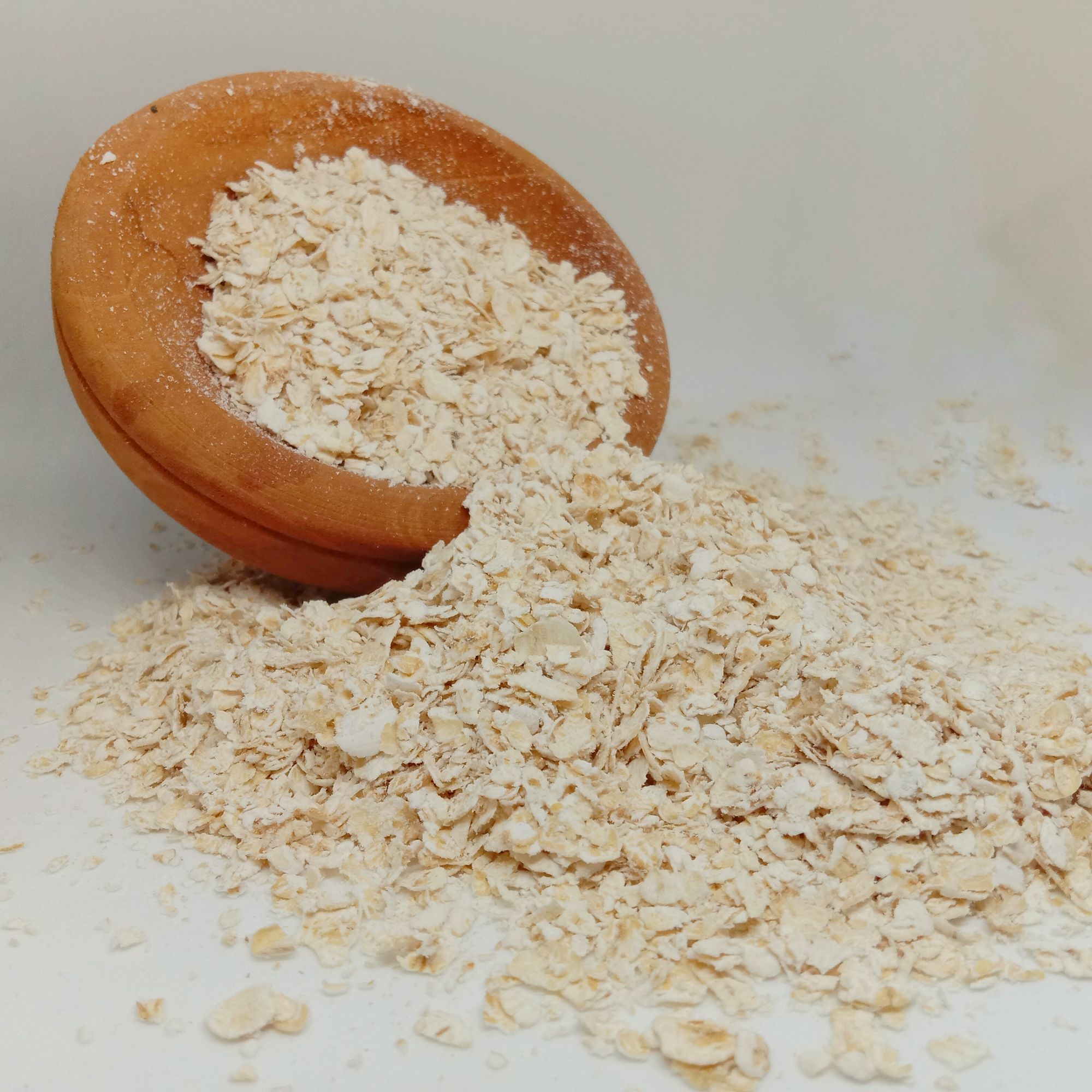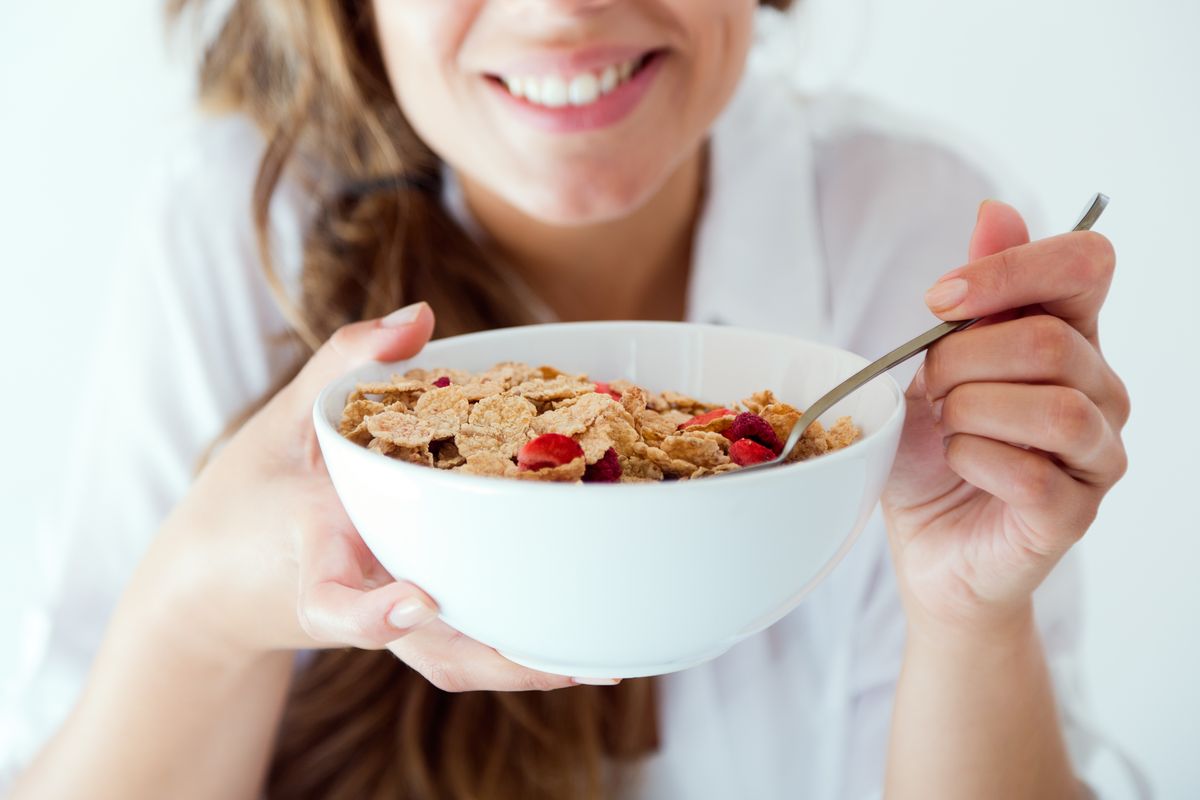Ensuring a balanced breakfast is vital for your overall well-being. By selecting the right breakfast foods, you can supply your body with essential nutrients, vitamins, and minerals, setting the stage for a productive start to your day. However, it's important to be aware that some breakfast items, despite their delicious appeal, can be detrimental to your health and contribute to inflammation in your body.
Inflammation is a natural and recurring process that takes place within our bodies. When you experience a paper cut, for instance, your finger becomes red, swollen, and puffy as your body initiates an immune response to prevent infection and control bleeding. In such cases, inflammation serves as a precursor to healing and should not be completely suppressed. The concern arises when inflammation becomes chronic and widespread. This type of inflammation extends beyond localized injuries and persists over an extended period. An example of chronic inflammation is rheumatoid arthritis, where inflamed cells continuously attack joint tissues, leading to persistent discomfort and pain.
Chronic inflammation has been linked to various health issues, including diabetes, heart disease, and stroke. It is influenced by lifestyle factors such as nutrition, stress levels, sleep quality, and exercise habits. A sedentary lifestyle, chronic stress, inadequate sleep, and a diet rich in saturated fats, sodium, and added sugars significantly increase the risk of chronic inflammation. These factors apply to your breakfast choices as well, as certain foods you consume regularly can contribute to heightened inflammation.
To optimize your morning meal and reduce the risk of chronic inflammation in your body, consider limiting these nine common breakfast foods.
1) Fast-Food Breakfast Sandwiches:

Fast-food breakfast sandwiches often contain high levels of saturated fats, which have been associated with increased cholesterol levels and inflammation. These sandwiches, along with pastries, baked goods, and frozen breakfast items, should be limited in your diet. Consuming them regularly, particularly alongside a low-fiber diet and other sources of saturated fats, can heighten inflammation in your body.
2) Turkey Bacon:

While turkey bacon is commonly considered a healthier alternative to traditional bacon, it is still processed meat and can be high in saturated fat. Additionally, excessive sodium content in turkey bacon can contribute to inflammation. To manage inflammation, it is advisable to moderate your intake of bacon, whether turkey or classic, and consider leaner protein sources.
3) Flavored Instant Oatmeal:

Flavored varieties of instant oatmeal often contain added sugars, which have been shown to increase pro-inflammatory markers in the body. Opting for unflavored oatmeal and adding fresh berries and a drizzle of natural sweeteners like maple syrup can provide a flavorful and anti-inflammatory option, while still enjoying the health benefits of oatmeal.
4) Muffins:

Store-bought muffins can be loaded with added sugars, saturated fats, and other pro-inflammatory ingredients. Regular consumption of these muffins, particularly those made with refined white flour, can contribute to inflammation. When choosing muffins, consider healthier alternatives made with whole-grain flours, natural sweeteners, and additional nutrient-rich ingredients like fruits and nuts.
5) Flavored Lattes:

Flavored lattes often contain sugary syrups and excessive amounts of added sugar, which can counteract the potential anti-inflammatory benefits of coffee. Opt for classic lattes with milk, coffee, and a sprinkle of cinnamon instead. This way, you can enjoy the taste while minimizing inflammation-inducing added sugars.
6) Sugary Cereal:

Many cold breakfast cereals are high in simple carbohydrates and added sugars, leading to rapid blood sugar spikes and increased inflammation. Prioritize cereals with higher fiber and protein content, which can help stabilize blood sugar levels and reduce inflammation. Alternatively, switch to hot cereals like oatmeal without added sugars, and add natural ingredients like fresh fruits and nuts for added flavor.
7) Processed Red Meats:

Processed red meats such as bacon and sausage contain compounds known as advanced glycation end products (AGEs), which are associated with increased inflammation and chronic diseases. Limiting your consumption of processed red meats, including opting for leaner alternatives or plant-based proteins, can contribute to lower inflammation levels.
8) White Bread:

White bread made from refined white flour can lead to increased inflammation due to its high glycemic index. Replace white bread with whole wheat alternatives that offer more fiber and nutrients. Whole grain bread, bagels, or wraps provide a healthier base for your breakfast and can help reduce inflammation.
9) Pancakes:

Pancakes made with white flour and topped with sugary syrups and creams can cause inflammation due to their high glycemic load. Consider using whole grain or alternative flours like buckwheat or almond flour, which offer more nutritional value and are less likely to spike blood sugar levels. Top your pancakes with fresh fruits, nut butters, or a drizzle of natural sweeteners like honey or pure maple syrup to reduce inflammation and enhance the overall nutritional profile.

